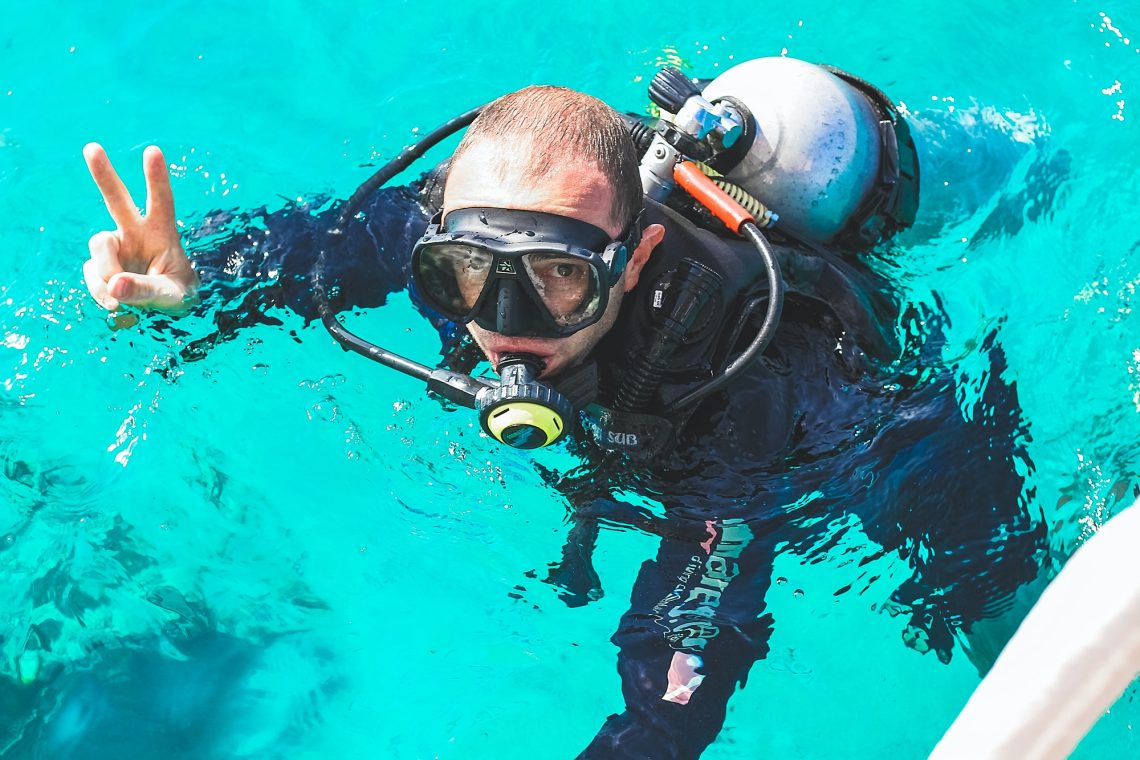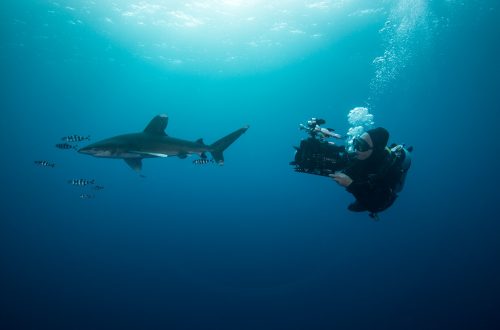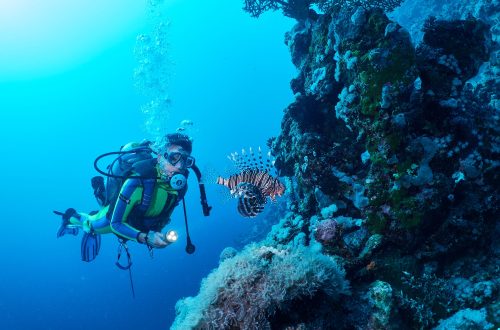
The Dangers of Scuba Diving
Scuba diving provides us with a safe and enjoyable way to experience this underwater paradise, but its risks should never be taken lightly and every diver must understand them, what steps should be taken in an emergency and how best to utilize their equipment.
As soon as you’ve been certified with a professional training agency and you begin diving regularly, the best way to gain insight into this sport will become apparent: building confidence and comfort with both equipment and environment is important, but more importantly it increases the chance of experiencing those unforgettable “peak moments” that keep divers coming back – whether seeing something remarkable or doing an activity which tests their capabilities to the limit.
Scuba diving does pose its share of hazards and emergencies, most often as the result of human error or failing to understand or adhere to dive rules. One of the more serious underwater emergencies involves losing or degrading breathing gas supplies due to leaky valves, defective regulators or running out of air; when this occurs trained divers are taught procedures for buddy diving (donating and receiving breathing gas from each other to safely return back up) before carrying an alternative source such as a pony bottle so they can continue diving after losing primary air supply.
Diving requires both time and money investments, yet its rewards can be immense. Scuba provides access to an underwater world rich with marine life as well as breathtaking dive sites around the globe.
Jacques Cousteau pioneered modern scuba diving during the 1940s, pioneering its development with his Aqua-Lung design. His demand valve allowed divers to breathe underwater using compressed air from tanks worn on their back, greatly expanding their underwater time. Dive equipment continues to evolve with each dive, including masks equipped with built-in filtration systems and nitrox blending, which allow divers to extend bottom times beyond what can be calculated on standard dive tables. Divers are advised to log each dive they complete. Logging helps divers to remember what they have seen and provides a reference point for planning future dives. Logging can also serve to monitor residual inert gases as well as assess equipment condition – this helps avoid accidents or mishaps from happening! Logged dives provide dive instructors with important data that allows them to provide safe, enjoyable dives for their clients. In many countries, national standards are set by government departments authorized by law and set for training and certification of scuba divers. These standards, such as those from NAUI and PADI, are internationally recognised. Additionally, some state laws may supplement them. Some states may even have additional requirements, such as certification in self-rescue techniques and oxygen delivery systems.





